4,000 AI Cameras Coming to Rabat: Security Boost or Privacy Threat?
)
Doha – Rabat will install an advanced surveillance system featuring 4,000 AI-powered cameras with facial recognition capabilities by the end of 2025. With a budget estimated at MAD 108 million ($10.8 million), the ambitious project aims to transform the capital into a smart, secure city through cutting-edge technology.
The project has been divided into two distinct components, according to official documents. The first focuses on building command centers and data infrastructure, and it was awarded to Finatech Group, led by CEO and founder Omar Lataoui, for MAD 34.79 million ($3.48 million).
The second, a larger component involving the actual surveillance system installation, went to Alomra Group International, headed by president and founder Driss Benomar, for MAD 73.82 million ($7.38 million).
The surveillance network will incorporate several advanced camera types, including panoramic pan-tilt-zoom (PTZ) cameras, facial recognition cameras, and long-range monitoring devices. These will be strategically positioned throughout Rabat’s public spaces to ensure comprehensive coverage.
The cameras will be equipped with automatic license plate recognition (ALPR) technology and artificial intelligence capabilities that can analyze behavior patterns in real-time.
Implementation timelines are tight, with the first component expected to be completed within 5 months and the second within 6 months, making the entire system operational before year’s end.
Two main command centers will be established to centralize monitoring operations, supported by state-of-the-art data centers built to international standards.
Why now?
The timing of this implementation is no coincidence, according to Anas Abou El Kalam, Head of Cybersecurity Department at Cadi Ayyad University. “This project comes as Morocco prepares to host major international sporting, cultural, political, and scientific events, primarily the 2025 Africa Cup of Nations and the 2030 FIFA World Cup,” he told Morocco World News (MWN).
Abou El Kalam stressed that the project aligns with rising cross-border security threats. “It coincides with increasing terrorist threats and security risks that transcend borders, making it necessary to establish an integrated digital security system capable of early detection and rapid, effective intervention to protect citizens, visitors, and vital facilities,” he elaborated.
“The Moroccan government considers investment in these technologies an integral part of its Vision 2030, including the Digital Strategy 2030,” Abou El Kalam explained. “This is not only to enhance technology use but also to protect internal security and improve Morocco’s international image as a safe country capable of proactive, multi-dimensional response—intelligence and technological—to all internal and external threats, as well as hosting major global events.”
The Rabat project represents just the first phase of a more ambitious national plan. “This is only the first stage of an ambitious national plan that seeks to gradually extend the smart surveillance system to other major cities such as Casablanca, Tangier, Marrakech, and Agadir, especially with the approach of major sporting and tourism events,” Abou El Kalam detailed.
Abdelmajid Charrass, Associate Professor at Sultan Moulay Slimane University, told MWN that if successful in Rabat, “the system could be expanded to other cities like Casablanca, Marrakech, and Tangier.”
However, he warned that such expansion faces several challenges, including “high costs of establishing a comprehensive surveillance system across multiple cities, the need for strong infrastructure, and legal preparations to safeguard citizens’ privacy.”
Abou El Kalam further spoke of the technical complexities, notingthe massive data volume (Big Data) generated by thousands of cameras, the need for digital infrastructure capable of real-time storage and processing, and networking challenges for securing communications between distributed monitoring centers.


